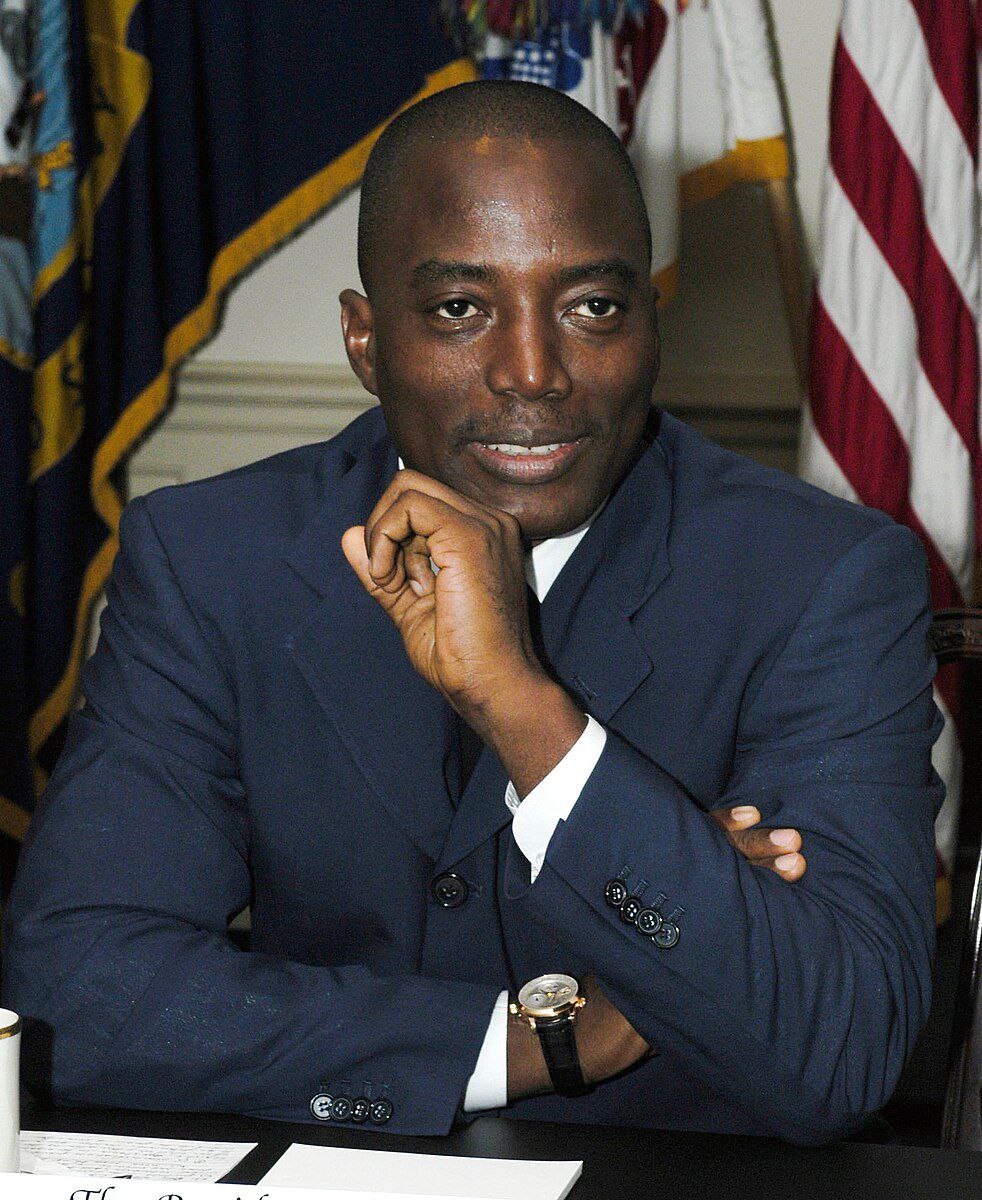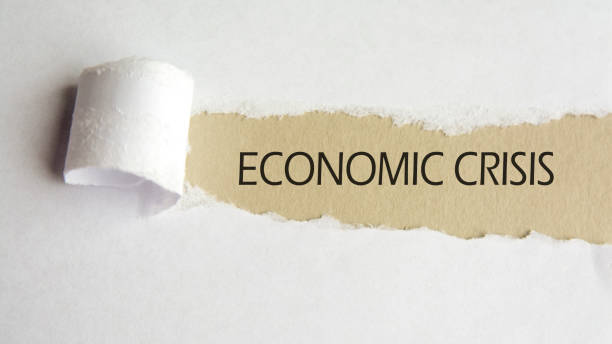
Joseph Kabila and the unexpected verdict
The announcement that Joseph Kabila has been sentenced to death in absentia took many by surprise. For years, his name has been tied to the political fabric of the Democratic Republic of Congo, and few believed such a dramatic legal outcome would ever reach a former president. The verdict immediately raised questions about its foundation. Was this a purely legal matter, or did it reflect deeper political rivalries that never truly ended after his presidency? Observers point to the complexity of Congolese justice, where judicial processes often overlap with power struggles between competing factions.
The shock also comes from the timing. Congo is facing internal challenges, from security threats in the east to social unrest in the capital. Against this backdrop, the decision to sentence Joseph Kabila feels even more charged. Citizens wonder if this marks a turning point in the country’s history, or if it is yet another example of justice being used as a tool of political maneuvering. What is clear is that the verdict has already reshaped the public conversation, forcing ordinary people to reconsider how justice is served in their nation.
Joseph Kabila in the spotlight of controversy
Throughout his rule and even after stepping down, Joseph Kabila has remained one of the most polarizing figures in Congolese history. To some, he was the leader who managed to hold the country together after years of conflict. To others, he embodied corruption, the concentration of wealth, and the silencing of opposition voices. The sentencing has revived these old debates with new intensity, as each camp interprets the court’s decision through its own lens.
Supporters of the verdict insist that it proves no one is above the law, not even a former head of state. They believe it sends a strong signal about accountability in a country long plagued by impunity. Critics, however, argue that the ruling was orchestrated by rivals seeking to bury Kabila’s political influence once and for all. These opposing narratives have not only deepened the divide among Congolese citizens but also highlighted how justice and politics remain tightly intertwined in the DRC. The controversy has become more than a legal issue; it is now a mirror reflecting the struggles of a fragile democracy.
Joseph Kabila and regional implications
The sentencing of Joseph Kabila is not confined to the borders of Congo. Across Africa, political leaders and regional analysts are watching with great interest. The DRC holds a strategic position in central Africa, and any turbulence there quickly affects neighboring states. Rwanda, Uganda, and Angola in particular have a history of involvement in Congolese affairs, and they are likely to view the verdict as a development that could alter regional stability.
If the sentencing leads to unrest or renewed conflict, it may create new waves of displacement, placing additional strain on already fragile borders. Some African leaders also fear the precedent it sets: if a former president can be tried and condemned in such a dramatic fashion, then no leader is truly untouchable. This thought may inspire reform in some nations, but in others it could provoke defensive crackdowns. In either case, the verdict on Joseph Kabila has extended its influence far beyond the courtroom, shaping discussions about leadership, accountability, and the limits of power across the continent.
Joseph Kabila and the political legacy
Joseph Kabila’s political journey is inseparable from the modern history of the Democratic Republic of Congo. Rising to power after the assassination of his father, Laurent-Désiré Kabila, he became one of the youngest heads of state in Africa. His presidency spanned nearly two decades, during which the DRC faced civil war, fragile peace agreements, and countless attempts at rebuilding a fractured society. This long tenure left behind a complex legacy that still divides the nation.
Supporters remember him as the leader who managed to preserve a sense of continuity and steer the country through some of its darkest chapters. They argue that without his leadership, Congo might have collapsed entirely. On the other hand, critics accuse him of entrenching a system where corruption flourished, institutions weakened, and public resources were diverted to benefit a small elite. The sentencing to death in absentia has reignited this debate, forcing both sides to revisit the question of how history should judge his time in office.
Joseph Kabila and international reactions
The world did not remain silent after the announcement of Joseph Kabila’s sentencing. Governments, human rights organizations, and international observers quickly expressed their views. Some praised the verdict as a bold step toward accountability in a country where justice has often been elusive. Others, however, raised doubts about the fairness of the process, warning that such dramatic rulings could destabilize the fragile political order and undermine trust in Congo’s judiciary.
The United Nations and regional bodies are particularly concerned about the possible consequences. For years, international actors have invested resources in peacekeeping, governance reform, and humanitarian aid in the DRC. If the verdict sparks unrest, much of this progress could unravel. The sentencing has therefore become more than a national issue; it is now a topic in diplomatic corridors from Brussels to Washington, shaping how the international community perceives Congo’s stability and commitment to justice.
Joseph Kabila and the voice of the people
Perhaps the most important reaction comes from ordinary Congolese citizens. For many, the name Joseph Kabila brings back memories of hardship, survival, and resilience. Some communities feel that justice has finally been served, even if only symbolically, against a leader they blame for years of suffering. These voices demand that the sentence be a starting point for deeper reforms that would bring justice to all victims of political corruption and abuse.
Yet there are also citizens who see the verdict as hollow, questioning whether the sentencing will lead to real change. They argue that punishing one leader does little to address the systemic problems that continue to plague the country: weak institutions, lack of accountability, and entrenched power structures. For these people, the case of Joseph Kabila is both a moment of relief and a reminder that the struggle for true justice is far from over. Their voices highlight the complexity of public sentiment in a nation still searching for stability.
Joseph Kabila and the fragile justice system
The sentencing of Joseph Kabila also draws attention to the fragility of Congo’s justice system. For decades, courts in the DRC have been accused of lacking independence, with rulings often reflecting the interests of those in power. This case is no different, as many observers question whether the judiciary acted freely or under political pressure. The very fact that a former president could be condemned to death without being present highlights the unusual nature of the process.
In many ways, the verdict has exposed the contradictions of Congo’s legal framework. On one side, it appears to send a powerful message about accountability. On the other, it raises doubts about whether justice can ever be achieved in a system where political influence is so deeply rooted. For citizens, the lesson is bittersweet: justice may be declared, but true fairness remains uncertain.
Joseph Kabila and the regional balance of power
The story of Joseph Kabila’s sentencing is not limited to law and politics. It also touches the delicate balance of power in central Africa. Countries that once worked with Kabila now face a dilemma. Should they support the ruling as a victory for justice, or should they distance themselves to avoid fueling instability? This question is particularly relevant for nations with their own histories of contested leadership, where the fear of setting a precedent weighs heavily.
Regional leaders know that Congo’s future affects the entire continent. The DRC is rich in resources, strategically located, and central to trade routes that connect east, west, and southern Africa. Any disruption caused by the verdict risks destabilizing these networks. In this sense, the sentencing of Joseph Kabila has already extended its influence far beyond Kinshasa, shaping political calculations across Africa.
Joseph Kabila and the uncertain future
What lies ahead for Joseph Kabila and for the Democratic Republic of Congo remains unclear. The former president is unlikely to return home to face the sentence, and the government may struggle to enforce such a ruling. Meanwhile, the population watches closely, wondering if this moment will trigger reforms or if it will be remembered as just another chapter of political theater.
For many, the case has become symbolic of a larger struggle: the search for real justice, accountability, and stability in a country that has endured decades of turmoil. Whether the sentencing leads to meaningful change or deepens existing divisions will depend on how leaders, citizens, and international actors respond in the coming months.
Conclusion
The sentencing of Joseph Kabila to death in absentia is more than a legal decision; it is a turning point in Congo’s modern history. It reflects the tensions between law and politics, highlights the fragility of institutions, and carries consequences that stretch across borders. For the Congolese people, it is a reminder of the unfinished journey toward justice and democracy. For Africa and the world, it is a case that cannot be ignored, as it speaks to the universal struggle for accountability in leadership.
For more background on the challenges of political justice in Africa, see this detailed report on Human Rights Watch Africa.
You can also explore more stories in our category Controversy Africa.


